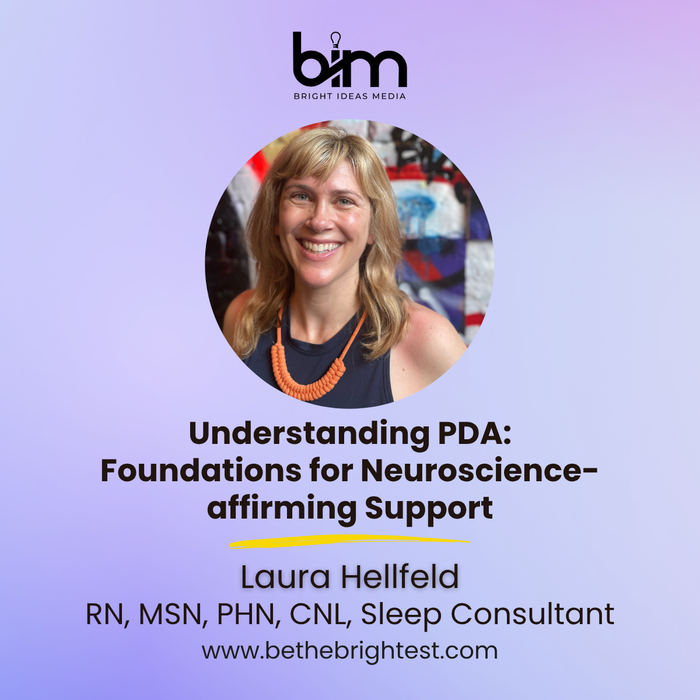Understanding PDA: Foundations for Neuroscience-affirming Support
This webinar introduces Pathological Demand Avoidance (PDA) through lived experience and neuro-affirming care. We’ll explore how nervous system responses shape PDA traits, why safety through relationships and environments matters, and how to support learning, expression, and connection. Includes further resources to deepen understanding and build confidence.
Explore Course